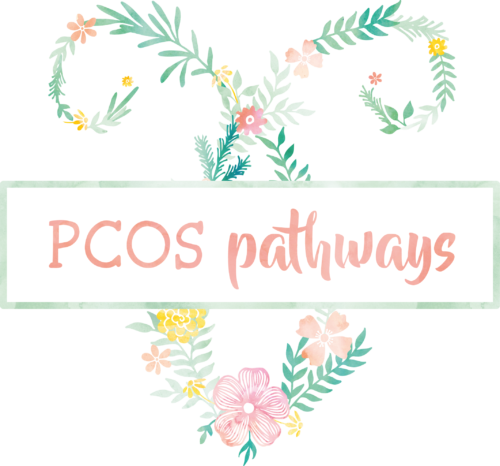ayurveda and pcos
WHAT IS AYURVEDA?
Originating in India over 5000 years ago, Ayurveda is the world’s oldest practising medical system.
One of the main guiding principles of Ayurveda is that the mind and the body are connected, and that to prevent and treat disease, both must be nourished.
The Ayurvedic practice teaches that five elements – earth, water, fire, air and space – make up the human body and everything in the universe. It is believed that we are all born with an individual balance of these elements. Combinations of the elements are called “doshas”. There are three main doshas – vata, pitta and kapha.
Ayurvedic practitioners assess your body and ask you a series of questions to determine which dosha you are, so that they can create a personalised treatment plan for you based on your dosha and the symptoms you are presenting with. You can try this online quiz to see which dosha you might be.
AYURVEDA AND PCOS
In Ayurveda, it is said that PCOS is caused when a person’s dosha becomes imbalanced and affects the efficiency of her “Shukra dhatu” (translates to semen), which leads to excess production of male hormones and other symptoms of PCOS.
An Ayurvedic practitioner can help with PCOS through treatment methods that include herbal medicine, yoga, massage, panchakarma (cleansing and rejuvenating therapies), meditation, diet, aromatherapy and lifestyle guidance.
Many people use Ayurveda to treat and even completely heal their PCOS. It is a nurturing, natural, holistic approach to treating PCOS and should be considered as valid a treatment pathway as other stand alone treatments like Naturopathy and Traditional Chinese Medicine.
SOME SPECIFIC AYURVEDIC HERBS FOR PCOS
TUMERIC is used to reduce acne, detoxify the reproductive system, help in weight loss and improve insulin resistance.
NEEM is used as a blood purifier to help build thinning hair on the scalp and regulate blood sugar levels.
ASHOKA is used to repair the endometrium and regulate oestrogen levels.
KARAVELLAKA can regulate your period, reduce inflammation and assist in weight loss.
SHATAVARI is a wild asparagus used in Ayurveda as an antioxidant-rich uterine tonic to improve fertility and insulin sensitivity.
MY PERSONAL EXPERIENCE WITH AYURVEDA
Ayurveda was my third approach to treating my PCOS, after implementing a Low GI Diet and exercise plan and
then Naturopathy.
I had been seeing my Naturopath for at least 18 months and had certainly improved my PCOS…but I still had about a 45 day cycle, still had polycystic ovaries, my LH:FSH ratio was still imbalanced and I still had acne and
difficulty losing weight.
I heard about Ayurveda from a friend and it instantly appealed to me. It sounded like such a different approach to medicine and I really liked the idea of trying something different.
My practitioner Vibhuti from Green Tree Ayurveda was incredible. One of the most beautiful women I had ever met, she oozed health. She found that my dosha was Kapha and treated me accordingly. This meant a whole lot of herbal medicine in the form or tablets and elixirs. I was used to this as Naturopathy is similar.
One thing that was different though was how nurturing the Ayurvedic approach was. For example, I was told – if you feel you can walk 1 kilometer, just walk 500 metres…don’t push yourself, nurture yourself. I loved this! Haha. It wasn’t until years later that I really connected with this concept but I really appreciate it now. As people with PCOS, we need to avoid inflammation and stress so this was fitting advice.
Within 6 months I had a regular 32 day cycle, my polycystic ovaries were gone, my LH:FSH ratio was improved but still slightly imbalanced and my acne had cleared up. I was still overweight and not completely healed but Vibhuti had told me I should give the treatment a full year. I felt I truly would have seen more results but my husband and I went travelling for 1 year through Asia and Europe and I couldn’t take all the herbal medicines with me. So, I stopped my Ayurvedic treatment there. I intended to pick it back up once we reached India but by then I had been to China, had incredible results with Traditional Chinese Medicine and fallen pregnant.
In short, my experience with Ayurveda was great, and I’m not the only one saying that. Many people are having success treating their PCOS with Ayurveda.



